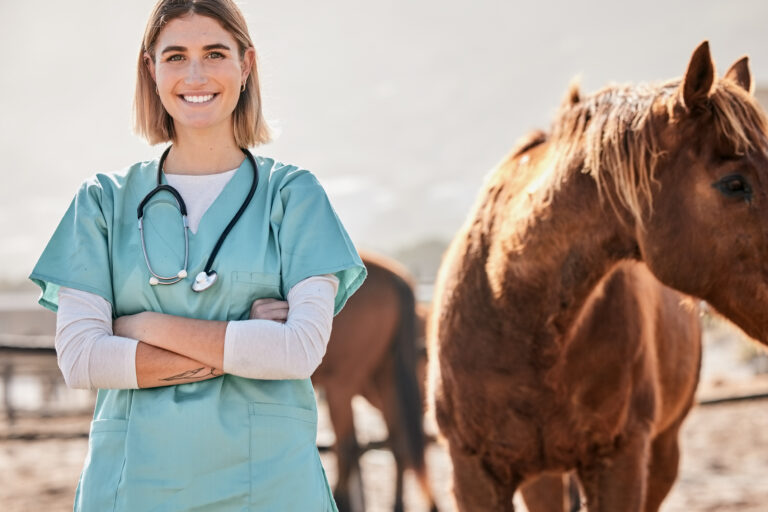Scientific and veterinary research charity, the Animal Health Trust (AHT), in partnership with world-leading scientists at the Houston Methodist Research Institute, have identified new genes linked to how, Streptococcus pyogenes, an important cause of human disease, survives in people.
The number of cases of infections caused by Streptococcus pyogenes around the world has increased dramatically over the past 20 years and this bug is responsible for 600 million cases of pharyngitis in people each year. The bacteria is also responsible for a further 100 million cases of invasive disease including scarlet fever, acute rheumatic fever and the flesh-eating disease necrotising fasciitis, the onset of which often follows on from initial cases of pharyngitis. However, despite the cost to human health, relatively little is known about which of the approximately 1,800 genes in Streptococcus pyogenes are required for it to infect people, and persist in their throats.
The process of unravelling the disease-causing processes of bacteria has traditionally needed to be carried out one gene at a time. However, scientists at the AHT working on a close relative of Streptococcus pyogenes, called Streptococcus equi, which causes the devastating disease strangles in horses, had developed a new technique that enables the importance of every gene in the bug to be tested at once. This technique was transferred to the lab in Houston, where it also proved to be effective for the study of Streptococcus pyogenes. Here, the Houston scientists were quickly able to identify 92 genes that were needed by this bug to grow in human saliva in the lab; replicating the critical first stage required on the path it uses to cause disease in people.
“The ability to establish the importance of every gene in Streptococcus pyogenes within one experiment has the potential to accelerate research into this important human pathogen” explains Dr. James Musser, Professor of Pathology and Genome Medicine at the Houston Methodist Research Institute. “In follow on tests, we were immediately able to confirm that six of these new genes really did affect growth in human saliva, suggesting that this new information has exciting potential for developing novel therapeutics and vaccines with which to improve human health.”
“We are delighted that a technique developed at the AHT to learn more about Streptococcus equi and Strangles in horses has provided new results that could benefit people too” said Dr. Andrew Waller, Head of Bacteriology at the AHT. “We have learnt a huge amount about our bug through following the work being done on human diseases, and it is great to be able to give something back in return. This study highlights the similarities of animal and human pathogens. We hope that our technique will also prove useful for the studyand prevention of other diseases, regardless of the animal they affect.”
The paper is available online at http://msphere.asm.org/content/2/6/e00460-17.
The Animal Health Trust (AHT) is the UK’s leading veterinary and scientific research charity, dedicated to the health and wellbeing of dogs, cats and horses. It aims to improve the health and welfare of horses, dogs and cats through research, but also provides specialist referral services and continuous education to vets. Throughout 2017, the AHT is celebrating its 75th Anniversary – that’s 75 years of leading science and care for animals. Visit the website at www.aht.org.uk.




